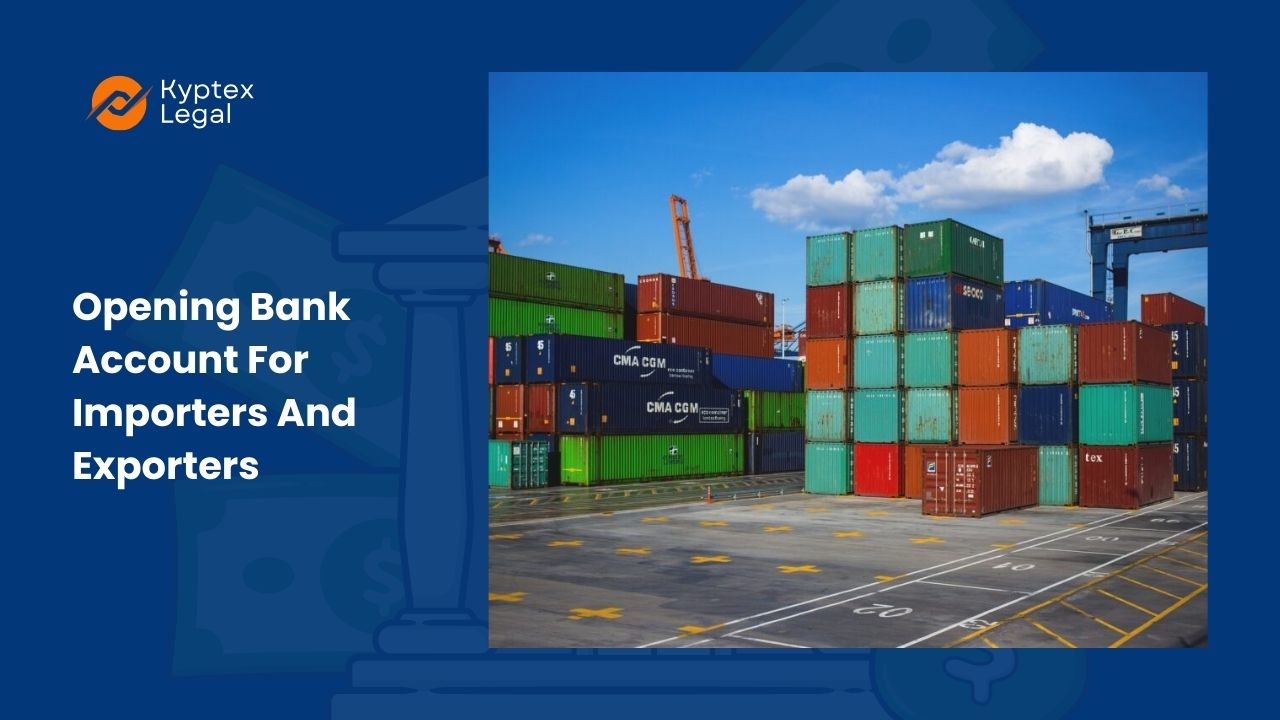
Importers and exporters require the capacity to effectively manage finances across borders. A multi-currency bank account that is specifically designed to meet the specific requirements of international commerce is one of the most critical tools for accomplishing this.
Why Multi-Currency Bank Account Is Essential For Importers And Exporters?
The management of international transactions entails the accurate processing of payments and the management of multiple currencies. A specialized bank account that is specifically designed for importers and exporters is not merely a convenience; it is a necessity. These accounts provide numerous benefits:
– Multi-Currency Handling: Facilitates the receipt and payment of multiple currencies through a single account, thereby streamlining international trade transactions.
– Global Capability: Enables the execution of transactions across international borders by utilizing a variety of payment methods, including SWIFT.
-Risk Management: Specialized banks frequently provide FX risk management services, which include FX forward contracts, to safeguard the bottom line of importers and exporters.
More On Multi-Currency Accounts
Any business that is involved in the import and export of goods requires a multi-currency account. As previously discussed, these accounts enable companies to hold, transmit, receive, and convert multiple currencies through a single platform.
Benefits Of Multi-Currency Accounts
1. Reduced Costs: Businesses can circumvent superfluous conversion fees by maintaining multiple currencies. For example, a multi-currency account enables you to maintain funds in euros and dollars and only convert them when necessary, potentially at more advantageous rates, if you frequently conduct transactions in these currencies.
2. Streamlined Transactions: The management of remittances to and from various countries is simplified by multi-currency accounts. Additionally, a reputable bank will offer local payment methods that facilitate the acceleration of transaction processing.
3. Security: These accounts are often equipped with sophisticated security features, including fraud detection systems and two-factor authentication, which are essential for safeguarding your funds and ensuring compliance with international regulations.
How To Choose The Right Banking Partner
Selection of the appropriate financial institution or bank is a critical decision. Not all institutions provide the same level of service, and some may be more adept at managing the intricacies of international trade. The subsequent factors should be considered:
Location
Select a bank that is headquartered in a developed country, such as the EU, the UK, or North America, and is licensed. Banks that are licensed in these regions are subject to stringent capital and regulatory controls, which will provide you with peace of mind.
Exchange Rates
Exchange rates can have a substantial effect on your financial performance. To guarantee that your transactions are cost-effective, seek out a bank that provides competitive rates and minimal fees on currency conversion. Additionally, consider obtaining a personal vendor who will guarantee that you receive competitive rates on each transaction.
Payment Fees
Be aware of the fees that are associated with international payments. Some banks impose additional fees for the processing of payments in foreign currencies or the transmission of funds between countries. Make certain that you comprehend these expenses and their potential impact on your organization.
Integration with Other Financial Services
Choose a bank that provides seamless integration with other financial services or platforms, such as accounting software or payment processors, if your business utilizes these tools.
How To Open Bank Account For Importers And Exporters?
The subsequent action is to establish an account after selecting a banking associate that is suitable for your needs.
Begin by compiling all pertinent business documentation. This typically entails evidence of your business’s registration and pertinent licenses, guaranteeing that your organization is acknowledged as a legal entity. Additionally, identification documents will be required to verify the identities of the business proprietors and any authorized signatories.
Furthermore, it is imperative to have your tax identification numbers readily available, as they serve as confirmation of your organization’s adherence to tax regulations. A comprehensive business plan and financial statements will bolster your application by offering the bank a deeper understanding of your business’s financial health and future prospects.
The following phase is to select the account type that is most appropriate for your business requirements after you have collected your documentation. It is highly recommended that businesses that deal with a variety of international currencies utilize multi-currency accounts, as they enable the management of multiple currencies within a single account, thereby reducing conversion costs. A current account is generally the most practicable option for daily operations, which include making payments to suppliers and employees.
Conclusion
It is imperative to establish and maintain a bank account for importers and exporters in order to guarantee the success of your international business. Streamlining your financial operations and mitigating the risks associated with global trade can be achieved by selecting the appropriate banking partner, utilizing a multi-currency account, and employing effective management strategies.